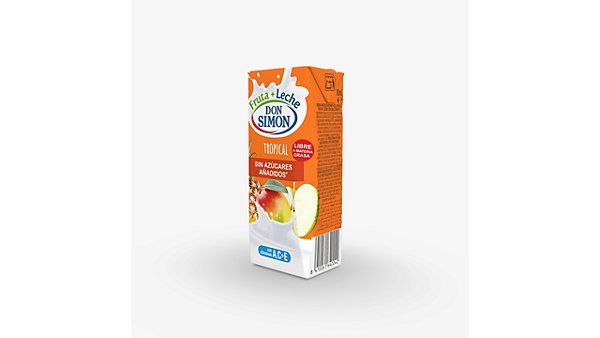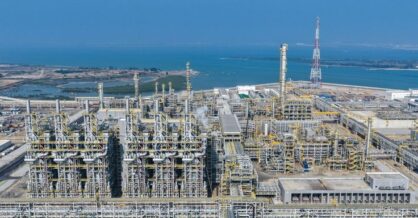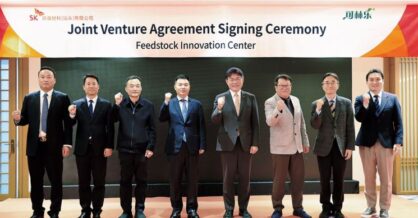Chandra Asri's purchase of Singapore refinery bring scale, risk
SINGAPORE – While Chandra Asri’s deal to buy Shell’s Singapore refinery will see it join the ranks of South-east Asia’s largest petrochemicals players, it is taking on the risk of running an ageing facility in a highly competitive sector.
In taking over Shell’s Bukom facility, which dates to 1961, Indonesia’s Chandra Asri Pacific will acquire an asset that is less efficient than more modern plants, but which gives it a second naphtha cracker, expands its product portfolio and renders plans to build a greenfield complex in its home country unnecessary, analysts and industry insiders said.
Owning a refinery for the first time will also give Chandra a ready source of feedstock, from crude oil facilitated by Swiss trading house Glencore, its minority partner in the deal, which can help sell its products into global markets.
“Glencore as its partner means Chandra Asri can harness this trading giant’s strengths in not only the trading sphere but also on the logistical front,” said Mr Salmon Lee, head of polyester at Wood Mackenzie.
“It’s a very significant step in Chandra Asri’s stepping up its game in the increasingly competitive petrochemical industry,” he added.
The companies did not disclose the value of the deal, but brokerage Jefferies estimated sale proceeds of US$300 million (S$406 million) to US$500 million.
Shell in 2023 invited more than a dozen companies, including numerous Chinese petrochemicals firms, to look at its Bukom assets in a process managed by Goldman Sachs, sources have said, with Chandra Asri one of the earliest to show interest.
The purchase, to close by year end, will give Chandra Asri nearly two million tonnes per year of ethylene capacity, leapfrogging it into South-east Asia’s top three, according to Reuters calculations, behind Thailand’s PTT Global Chemical and Siam Cement Group’s facilities in Thailand and Vietnam.
Chandra Asri had planned a second Indonesian cracker with a target start-up date of 2026 to 2027, but industry sources said the acquisition of Shell’s cracker offered a cheaper option in a high-cost environment.
“We see a possibility that Chandra Asri may no longer proceed with its plan to build a second Indonesia cracker project given the geographical diversification after merger and acquisition,” Citi analyst Oscar Yee wrote.
Asked about its previous expansion plan, Chandra Asri told Reuters: “As an integral part of our growth strategy, we actively seek opportunities to build partnerships with diverse entities, both to nurture organic business and pursue strategic M&A.”
Competition, risk
With the Bukom purchase, Chandra will steal a competitive march on rival Lotte Chemical Indonesia’s planned one million ton per year cracker, expected to come online in mid-to-late 2025.
However, the ageing Singapore plant brings challenges, given an industrywide squeeze on petrochemical margins.
Most steam cracker operator margins in Asia, excluding China, were negative in 2023, with an upturn likely only in 2028, Wood Mackenzie calculations show.
A September report by the consultant said Bukom was the weakest integrated refinery-petrochemical site in Shell’s portfolio, with integrated net cash margins below the global weighted industry average of US$14 a barrel.
North-east Asian plants making naphtha-based monoethylene glycol, a major product at Shell’s site, averaged losses of US$94 a ton in 2022 and 2023 due to overcapacity and weak China demand, said analyst Ann Sun from market intelligence firm ICIS.
Singapore is also set to increase its carbon emissions tax from $5 a tonne now to $25 in 2024-2025, $45 in 2026-2027 and $50-$80 by 2030, which analysts say could add millions of dollars to refiners’ costs. REUTERS




